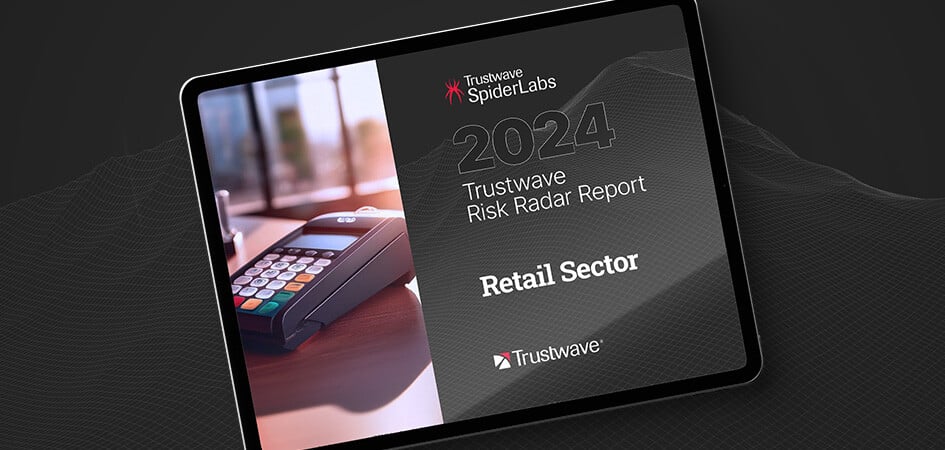Cyber Retail Fraud: A New Twist on an Old Game

Trustwave Research Reveals Cybersecurity Risks Threatening Patient Lives in Healthcare. Learn More
Get access to immediate incident response assistance.
Get access to immediate incident response assistance.
Trustwave Research Reveals Cybersecurity Risks Threatening Patient Lives in Healthcare. Learn More

People have always been susceptible to a deal that is too good to be true.
In the 1800s, American con man George C. Parker was best known for his repeated successes in "selling the Brooklyn Bridge” to the unwary. Then, in the 1900s it became popular to sell "valuable" Florida real estate that turned out to be swampland.
Today, as explained in Trustwave SpiderLabs’ latest research, Retail Sector Deep Dive – Fraud Targeting Retailers, similar brazen acts are conducted over the Internet as threat actors attempt to convince innocent individuals to voluntarily turn over valuable personally identifiable information (PII) through a massive number of scams that can be almost impossible for the average person to discern as fraud. This information can then be used to further defraud or attack retailers.
This report is a supplement to the just released 2024 Trustwave Risk Radar Report: Retail Sector.
The weapons in the threat actor's arsenal are immense and diverse, ranging from phishing attacks to malware to reward card scams. All are designed to gain access to a retailer or steal PII from consumers, which is then either directly used or turned around and sold on the Dark Web.
The full report breaks down the cost of other stolen data by type and region.
Phishing remains the primary initial attack vector, with Trustwave SpiderLabs finding 58% of all incidents involved. These emails use a variety of social engineering tricks, such as purporting to be invoices or notifications from commonly used business tools like Zoom or Quickbooks. All aim to convince the recipient to open the email and then click on a malicious link or attachment.
An even more devious approach sees an attacker use legitimate payment services and invoicing platforms to deliver phishing links and host content. In one case, the accounting platform Xero was used to send a phishing email and host a PDF file, making it especially hard for the recipient to see through the fraud.
The attacker then uses this access to acquire information or even download malware.
There are also various types of gift card scams. Which, according to the Federal Trade Commission, accounted for $217 million in total losses to retailers and consumers in 2023. These scams have all figured out how to either create new cards using stolen information, drain legitimate cards of their value, or takeover accounts to access customer accounts and steal their gift card balances.
Finally, and perhaps harkening back to the old-time scams mentioned earlier, some attack groups create fake online stores, but instead of delivering purchased goods, the site steals the customer's payment card info and PII.
For the full report, please download Retail Sector Deep Dive – Fraud Targeting Retailers and Trustwave SpiderLabs second complementary report Retail Sector Deep Dive – Rise of E-Commerce Threats.
Trustwave is a globally recognized cybersecurity leader that reduces cyber risk and fortifies organizations against disruptive and damaging cyber threats. Our comprehensive offensive and defensive cybersecurity portfolio detects what others cannot, responds with greater speed and effectiveness, optimizes client investment, and improves security resilience. Learn more about us.
Copyright © 2025 Trustwave Holdings, Inc. All rights reserved.